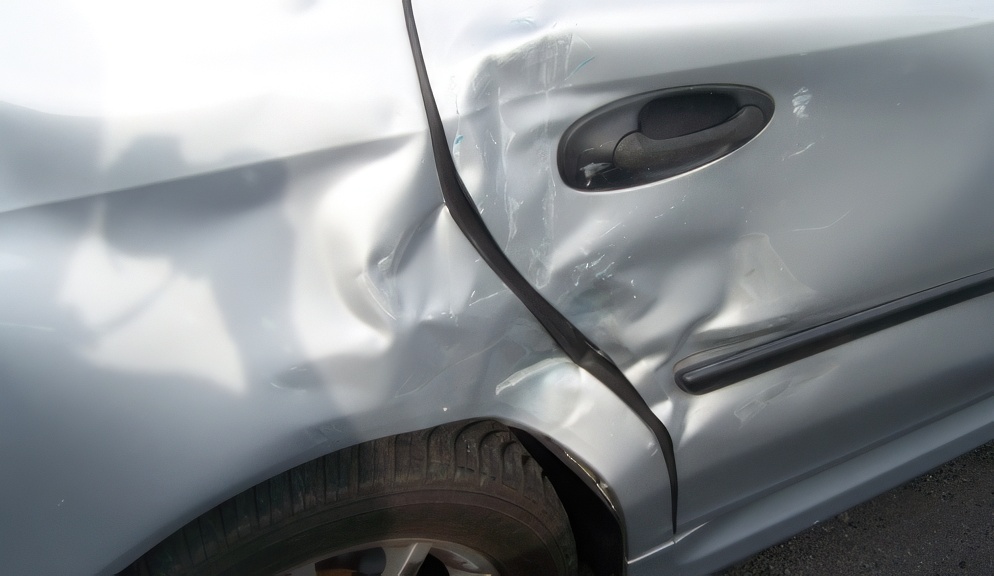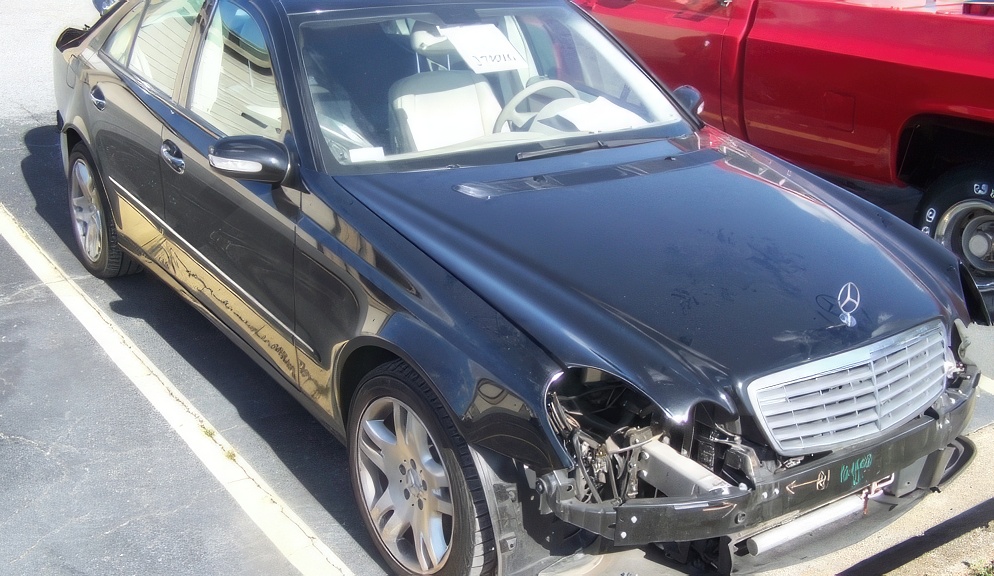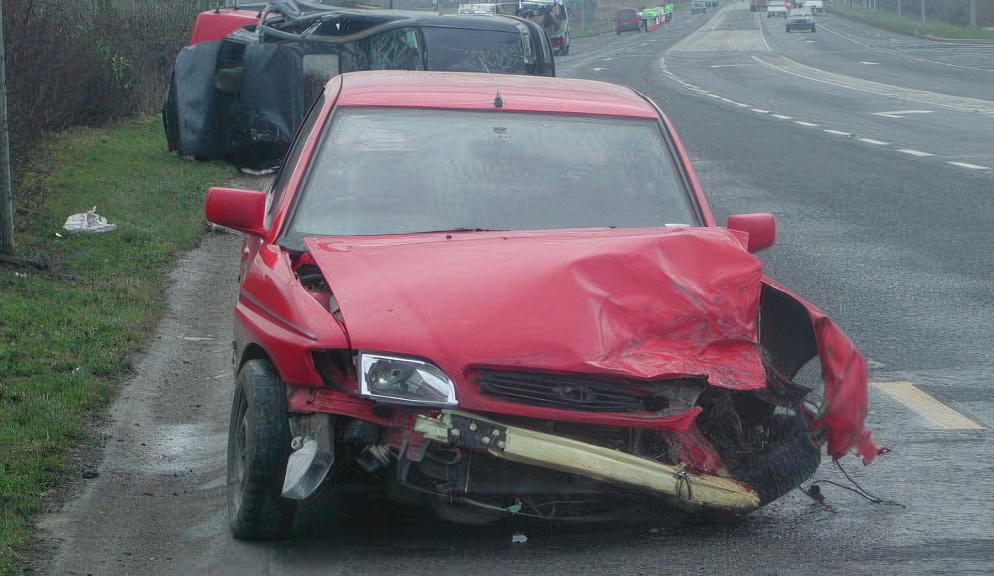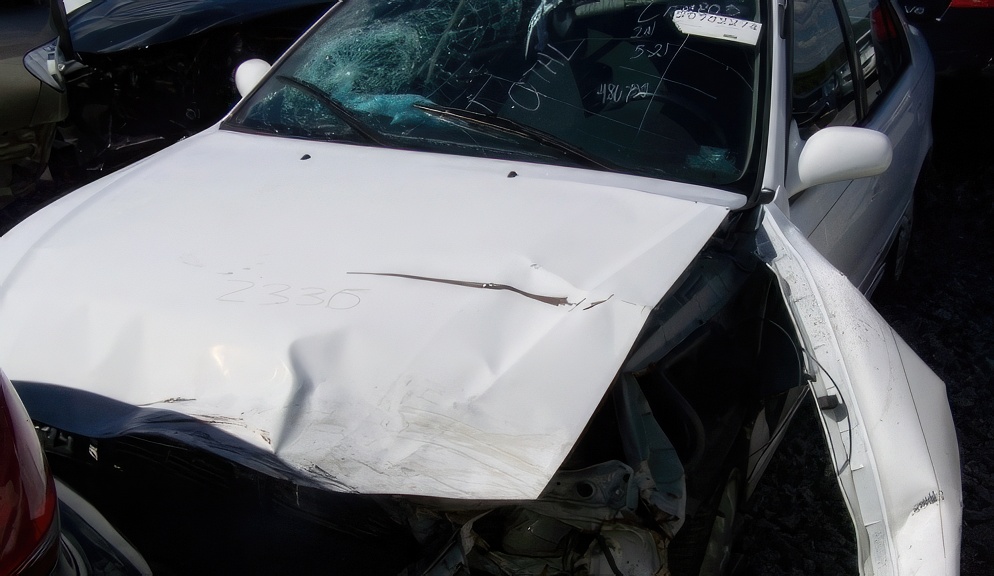Impact of Diminished Value on Insurance and Resale

Driving off in a gleaming car from the dealership is a thrill every car owner relishes. However, the reality of depreciation sets in with every mile you cruise. The specter of diminished value haunts more intensely post-accident, even after meticulous repairs. This financial sinkhole not only drains the worth of your cherished vehicle but also triggers a ripple effect on insurance premiums and resale value.
This article delves into the intertwined realms of diminished value, insurance evaluations, and the repercussions on resale, shedding light on various facets that every car owner should be cognizant of.
How do Insurance Companies Determine the Value of a Wrecked Car?
The aftermath of a vehicular accident is often a whirlpool of repair assessments, insurance claims, and financial evaluations. The spotlight here falls on how insurance companies appraise the value of a wrecked car, a process shrouded in a blend of standard protocols and intricate calculations.
Primarily, insurance adjusters look into the pre-accident condition of the car, evaluating factors such as age, mileage, and overall maintenance. The comparative market value of similar models, recent sales data, and regional pricing trends also play a crucial role in this assessment.
Real-life example: Post a harrowing collision, Amanda’s cherished sedan bore the brunt. The insurance company’s appraiser, armed with a checklist, embarked on a thorough examination, scrutinizing the vehicle’s pre-accident condition, mileage, and the recent sales data of comparable models, before arriving at a valuation.
Moreover, the extent and nature of the damage sustained are meticulously assessed. A professional appraiser dives into the nitty-gritty, gauging the cost of repairs juxtaposed against the car’s pre-accident value. This detailed examination often unveils the potential diminished value assessment inflicted by the accident.
Understanding this evaluation process is vital as it lays the foundation for insurance claims. It also equips car owners with the knowledge required to negotiate a fair settlement, ensuring the reimbursement aligns with the actual loss in value.
Who Pays Diminished Value?
In the labyrinth of insurance claims post-accident, the concept of diminished value emerges as a beacon of financial recompense. The premise here is simple – the party at fault, or rather their insurance, should cover the loss in market value your vehicle has suffered.
Initiating a diminished value claim sets this wheel in motion. It begins with a well-drafted demand letter to the at-fault party’s insurance company, often buttressed by a professional appraisal elucidating the loss in value.
Real-life example: Following a rear-end collision, Sarah spearheaded a diminished value claim against the culpable party’s insurance. A professional appraisal showcased a diminished value of $4,500 for her SUV, which became the cornerstone of her claim.
The road to claiming diminished value may be strewn with legal intricacies and insurance negotiations. However, with a clear understanding of the process and possibly the guidance of legal counsel, navigating through these channels towards a rightful claim becomes less daunting.
Can You Ask for More Money When Your Car is Totaled?
The curtain of finality that descends with the label “totaled” on your vehicle often ushers in a financial negotiation with the insurance company. The initial offer tabled is based on the car’s actual cash value pre-accident. However, the stage is open for negotiation if the offer falls short of the vehicle’s fair market value.
Arming oneself with a robust portfolio of evidence like maintenance records, comparable sales, and an independent appraisal can significantly bolster the negotiation stance.
Real-life example: Jake’s vintage car was declared a total loss post-collision. The initial insurance offer was a far cry from the local market values. Furnished with comparable sales data and an independent appraisal, Jake managed to negotiate a better settlement.
This process underscores the importance of being well-prepared, understanding your car’s worth, and being ready to present supporting evidence to negotiate a fair settlement.
Will Insurance Pay More Than Car is Worth?
The ethos of insurance is to restore the insured to the pre-accident financial status. Therefore, the payout usually mirrors the car’s actual cash value pre-accident. However, there’s room for negotiation, especially if there are discrepancies in the valuation or overlooked factors.
Real-life example: Emma found herself at odds with the insurance adjuster’s valuation of her car post-accident. Armed with recent maintenance records and comparable sales data, she managed to negotiate a higher settlement.
Engaging legal counsel or a professional appraiser can provide a stronger footing in arguing for a fairer valuation, ensuring all relevant factors are considered in the settlement offer.
How Much Value Does a Car Lose After Being in an Accident?
The shadow of an accident looms large over a car, casting a significant dent in its market value. The degree of this financial hit hinges on various factors including the extent of damage, the quality of repairs, and the vehicle’s age and make.
Real-life example: Mike’s sedan, post a minor fender bender and subsequent repairs, suffered a loss in market value of $3,000 as potential buyers shied away owing to the accident history.
A professional appraisal is often the compass that unveils the exact diminished value, guiding the owner towards a potential diminished value claim.
Can You Argue with an Insurance Claims Adjuster?
Entering the negotiation arena with an insurance claims adjuster is a path many tread post-accident. Yes, arguing your case is not only possible but often necessary to ensure a fair settlement.
Being well-prepared with all necessary documentation, understanding your car’s value, and having a clear communication channel with the adjuster are pivotal elements in this negotiation dance.
Real-life example: Post a collision, Tim found himself in a heated negotiation with the insurance adjuster. Armed with a professional appraisal and a well-documented maintenance history, Tim managed to argue his case effectively, leading to a better settlement.
The guidance of a legal professional can significantly enhance your negotiation strategy, ensuring a robust representation of your claim.
How Diminished Value Affects Your Car Insurance Premiums
The ripple effect of diminished value often reaches the shores of your insurance premiums. A notable diminished value claim, once settled, could potentially impact your car insurance premiums.
Insurance companies may perceive a vehicle with an accident history as a higher risk, which could lead to a hike in premiums. However, the exact impact varies from one insurance company to another.
Real-life example: Post a successful diminished value claim, Anna noticed a slight uptick in her car insurance premiums as her vehicle now carried the tag of accident history.
Understanding the potential impact on insurance premiums is essential to make informed decisions regarding insurance coverage post-accident.
FAQ Section:
How do insurance companies determine the value of a wrecked car?
Insurance companies typically use a combination of factors to determine the value of a wrecked car. These include the car’s pre-accident condition, the cost of repairs, the car’s age, mileage, and the resale value in its current condition. They may also consult pricing guides or use software to compare similar vehicles’ prices in the market.
Additionally, some insurance companies may employ independent appraisers to assess the car’s value. These professionals examine the car and provide a detailed report, which the insurance company uses to determine the car’s worth. The methodology and factors may vary from one insurance company to another, and understanding these can be beneficial when negotiating a claim.
Typically, the at-fault party’s insurance company is responsible for paying the diminished value. However, the process and eligibility might vary based on the state laws and the specifics of the insurance policy.
It’s advisable to consult with a legal professional to understand the rights and obligations regarding diminished value claims. Knowledge of the local laws and the insurance policy terms can significantly impact the success of a diminished value claim.
Can you ask for more money when your car is totaled?
Yes, policyholders have the right to negotiate the settlement amount with their insurance company if they believe the offer does not reflect the actual value of their totaled vehicle. It’s crucial to have a well-documented case, including an independent appraisal and comparable sales data.
Engaging with a professional appraiser and possibly legal counsel can be beneficial in such negotiations. They can provide the necessary expertise and guidance to challenge the insurance company’s offer, aiming for a more favorable settlement.
Will insurance pay more than the car is worth?
Insurance companies usually pay up to the car’s actual cash value before the accident, minus the deductible. However, in some special cases or under certain insurance coverages, they might pay more.
It’s essential to review the insurance policy’s terms and conditions and possibly consult with a legal professional to understand the coverage limits and the circumstances under which an insurance company might pay more than the car’s worth.
How much value does a car lose after being in an accident?
The value a car loses after an accident, known as diminished value, can vary widely. It depends on several factors including the car’s age, its condition before the accident, the severity of the damage, and the quality of the repairs.
An appraisal from a professional appraiser can provide a clear picture of the diminished value. They use their expertise to evaluate the car and compare it with similar vehicles in the market to determine the loss in value accurately.
Can you argue with an insurance claims adjuster?
Yes, policyholders have the right to argue or negotiate with an insurance claims adjuster if they disagree with the claim assessment. It’s advisable to be well-prepared with all necessary documentation and possibly have legal or professional representation.
Effective communication and a thorough understanding of the claims process can be crucial in these discussions. Having a clear argument and being persistent yet professional can lead to more favorable outcomes in the negotiations.
How Diminished Value Affects Your Car Insurance Premiums?
Diminished value can potentially affect car insurance premiums, although the impact may vary among different insurance providers and depending on state laws. Some insurance companies may see a vehicle with a history of accidents as a higher risk and adjust the premiums accordingly.
It’s advisable to discuss with the insurance provider how a diminished value claim might impact the premiums. Understanding the insurance policy’s terms and conditions and being well-informed can help policyholders make more educated decisions regarding their insurance coverage and claims.
Glossary of Terms
The reduction in a vehicle’s market value after it has been involved in an accident and repaired.
A professional assessment of a vehicle’s value, typically performed by a certified appraiser.
A professional assessment of a vehicle’s value, typically performed by a certified appraiser.
The loss in value of an asset over time due to wear, tear, and age.
When the cost to repair a vehicle exceeds its actual cash value or a certain percentage of its value, as defined by state laws or insurance company policies.
The market value of a vehicle, or what it was worth, immediately before it was damaged.
A formal letter sent to the insurance company to claim compensation for losses, including diminished value.
The resolution of a claim by the payment of an agreed-upon amount by the insurance company to the claimant.
A professional appraiser not affiliated with any insurance company, offering unbiased appraisals.
The amount paid periodically to the insurance company to keep an insurance policy active.
Professional legal advice or representation provided by an attorney.
The individual or entity who holds the insurance policy and is entitled to coverage under the policy.
Invoices or statements detailing the cost of repairs made to a vehicle.
The insurance company offering coverage to policyholders.
A contract detailing the terms of coverage between the insurance provider and the policyholder.
An individual or entity making a claim to an insurance company for coverage or compensation.




